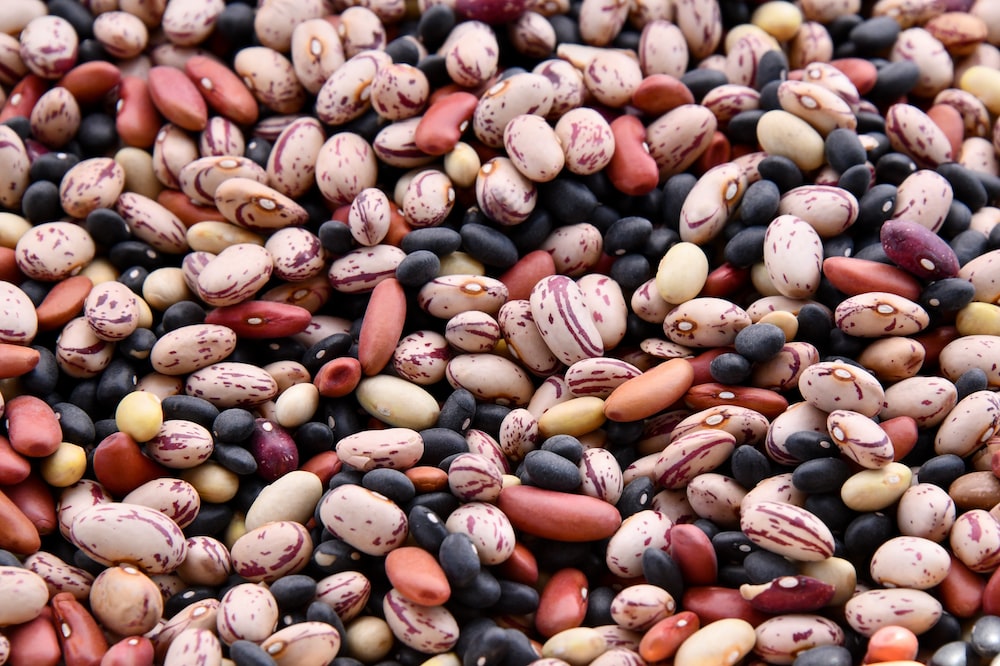Beans, a subgroup of legumes, are one of the most common and versatile ingredients found in kitchens worldwide. From their rich nutritional profile to their diverse culinary applications, beans offer countless benefits. This article will delve into the world of beans, examining their nutritional value, health benefits, and ways to incorporate them into your diet.
Nutritional Profile
Beans are incredibly nutrient-dense. They are a fantastic source of dietary fiber and plant-based protein, making them an excellent food choice for vegetarians and vegans. In addition, beans offer an array of important nutrients, including B vitamins, iron, magnesium, potassium, and zinc. They are low in fat and free of saturated fat and cholesterol.
Moreover, beans contain various beneficial plant compounds, including antioxidants, which can have numerous health benefits.
Health Benefits of Beans
- Heart Health: The high fiber content in beans helps lower levels of LDL (bad) cholesterol, reducing the risk of heart disease. Additionally, beans are rich in heart-healthy nutrients like folate, magnesium, and potassium.
- Blood Sugar Control: The fiber and resistant starch in beans can slow down the absorption of sugar into the bloodstream, helping to prevent spikes in blood glucose, which makes beans a great food for people with diabetes.
- Digestive Health: Beans are rich in dietary fiber, which aids in promoting regular bowel movements and supports overall gut health.
- Weight Management: Beans are high in protein and fiber, both of which can contribute to feelings of fullness and satiety, potentially aiding in weight management.
Culinary Uses
Beans are wonderfully versatile in the kitchen. They can be used in a wide variety of dishes, including soups, salads, stews, and casseroles. They are a staple in many global cuisines, from the refried beans in Mexican dishes to the chickpeas in Middle Eastern hummus and the red beans in Japanese sweets.
Dried beans, though requiring soaking and longer cooking time, tend to have a better texture and flavor compared to canned beans. However, canned beans provide a convenient and quick alternative. Regardless of the type, rinsing beans before use can reduce their sodium content and potential digestive discomfort.
A Word of Caution
While beans are generally safe and healthy to eat, they contain antinutrients, such as phytates and lectins, which can interfere with the absorption of certain nutrients. Cooking beans properly can significantly reduce these antinutrients. Moreover, some people may experience digestive discomfort, like bloating and gas, after eating beans. Increasing your intake gradually and drinking plenty of water can help alleviate these symptoms.
In conclusion, beans are a nutritional powerhouse offering numerous health benefits. With their wide range of types and versatility in the kitchen, they make a fantastic addition to a variety of meals. Whether you’re a vegetarian looking for a plant-based protein source or simply wanting to enjoy a hearty, nutritious meal, beans have got you covered.
